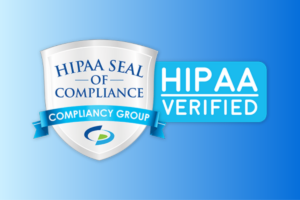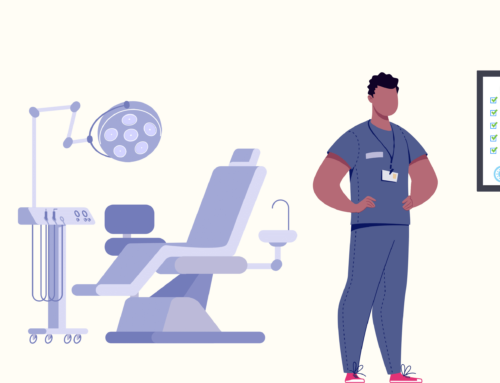There are many misconceptions when it comes to HIPAA and security controls for covered entities. While security is related to technical measures such as encryption, firewalls, and security risk assessments, it also addresses physical and administrative safeguards that must be in place to protect patient information. In order to comply with HIPAA regulation, healthcare organizations must address each standard and safeguard outlined in the HIPAA Security Rule.
The Department of Health and Human Services (HHS) Office for Civil Rights (OCR) has now released new information further emphasizing the importance of physical safeguards for healthcare organizations across the country. HIPAA not only requires technical controls to protect the confidentiality, integrity and availability of protected health information (PHI), but also proper physical security controls.
Physical safeguards are generally seen as the simplest and cheapest forms of protecting PHI, yet many organizations tend to overlook this important element of security. There are even some physical security controls that cost nothing- such as simply locking up portable electronic devices when they are not in use (laptops, portable storage devices, and pen drives).
Although this may seem like a very basic form of security, it is one of the most effective ways of preventing theft. To illustrate the importance of HIPAA physical security safeguards, OCR focuses on a 2015 HIPAA settlement with Lahey Hospital and Medical Center that affected 599 patients. This breach and subsequent HIPAA fine were triggered by the theft of an unencrypted laptop from the Tufts Medical School affiliated teaching hospital.
The laptop was stolen from an unlocked treatment room off an inner corridor of the radiology department and contained ePHI. Lahey Hospital was fined $850,000 for failing to implement physical controls–a high price to pay for something that could have been avoided if some simple physical security safeguards were in place.
Prior to the Lahey Hospital settlement, QCA Health Plan paid $250,000 to OCR in 2014 for potential HIPAA violations. QCA Health Plan neglected to implement physical safeguards for all workstations to restrict access to ePHI to authorized users only. In this case, an unencrypted laptop was stolen from an employee’s vehicle.
Massachusetts Eye and Ear Infirmary (MEEI) also settled a HIPAA violation with OCR in 2012 for $1.5 million. Again, this incident was related to the theft of an unencrypted laptop, resulting in the exposure of patients’ ePHI.
In 2016, Feinstein Institute for Medical Research settled potential HIPAA violations with OCR for $3.9 million. Feinstein Institute failed to physically secure a laptop that was stolen from an employee’s vehicle containing the ePHI of 13,000 patients.
In July 2016, the University of Mississippi Medical Center was fined $2,750,000 for a failure to implement HIPAA physical security safeguards. An unencrypted laptop that contained ePHI of approximately 10,000 patients was stolen from its Medical Intensive Care unit.
Preventing HIPAA Physical Security Breaches
It is up to covered entities and their business associates to decide on the most appropriate physical security safeguards that will protect their patients’ ePHI. One way organizations can implement these physical security controls is by adopting an effective compliance program.
Compliancy Group gives healthcare organizations confidence in their HIPAA compliance with The Guard™. The Guard is our HIPAA compliance web-app that covers every element of HIPAA compliance.
Our Compliance Coaches™ will guide users through every step of their compliance program with the help of our HIPAA compliance web-app. The Guard is built to address the full extent of HIPAA regulation, including everything needed to implement an effective HIPAA compliance program that will help safeguard your practice from violations and fines.
With The Guard, healthcare professionals will not only address their physical security safeguards, but the technical and administrative safeguards as well, along with the other HIPAA requirements. Find out more about how The Guard can simplify your HIPAA compliance today!







